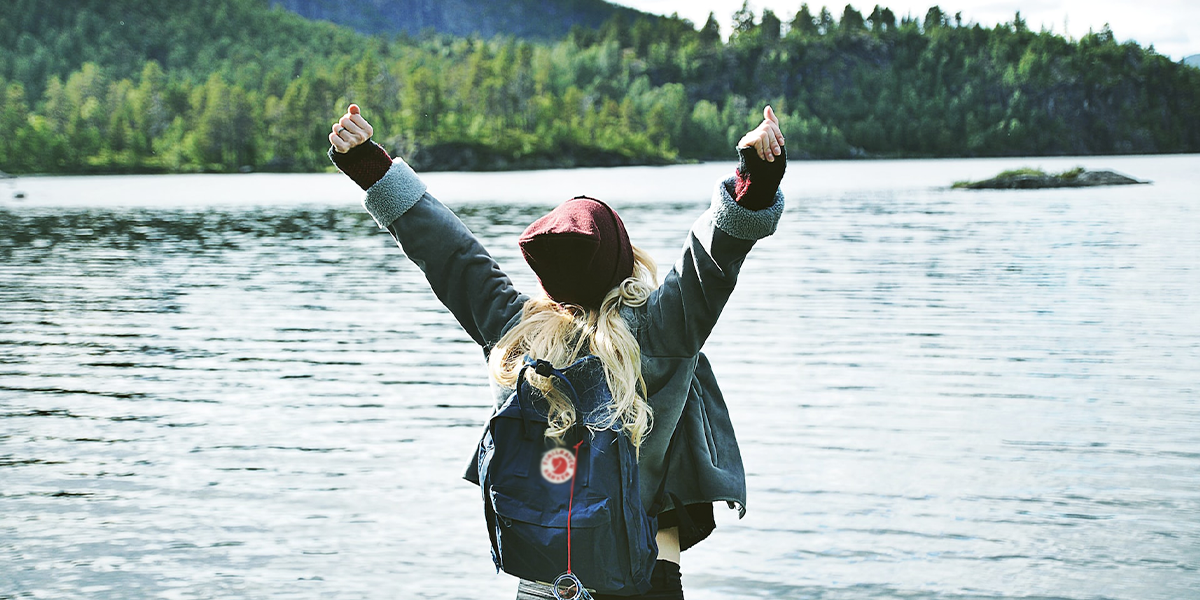Recently graduated and considering taking a gap year to have a little break, mature, volunteer (or make money), perhaps get some hands-on experience before hitting the books again?
Or are those feet just mighty itchy after two and a half years of pandemic lockdowns and social restrictions?
We get it. We totally get it (says the writer of this article who’s currently tapping away at her laptop from a cafe in Guatemala).
But if you’re like many Gen Zs who care about the mark they leave on the world around them, you’re probably aware of the negative impacts our travel can have on local communities.
So what can you do to make sure your gap year is responsible, ethical and sustainable?
- Don’t be a tourist
Okay, fine. You kinda are a tourist. What we meant to say is don’t be that tourist. Don’t be the kind of tourist that complains when there isn’t a parmy on the menu in the middle of the jungle in Thailand. Don’t be the kind of tourist that forces their own attitudes and beliefs on the local community. Be the kind of tourist that respects, honours, and learns from local customs and traditions while embracing the wonderful diversity of cultures, traditions, and local cuisines.
- Support the local community
Wherever possible, buy local. That means ducking into that cute little Vietnamese-owned coffee shop in Hoi An instead of hitting the Starbucks across the street, heading to the local mercado vendors for groceries instead of the big chain supermarket, or booking a local guide instead of going on an overpriced, pre-booked tour. It’s not all that difficult to do, and all it takes is a little more thought and research on your part.
- Travel light
We guarantee you don’t need that second family-sized suitcase. Keeping your packing to a minimum will not only save you money in baggage fees and make your trip a helluva lot easier (here’s to not wasting time at baggage claim!) but it’ll also reduce your carbon footprint.
- Don’t support unethical practices.
This includes but is not limited to the abuse and exploitation of wildlife (like riding elephants or taking selfies with big cats), visiting orphanage factories, photographing and posting photographs of children or vulnerable groups on social media or anywhere on the internet for that matter, engaging in slum tourism or poverty porn, consuming food that’s unethically or barbarically produced (such as shark fin soup, birds nest soup etc) and of course, participating in the sex trade.
“Education and awareness of the issues before you travel is the key”, says Matt, the Bemused Backpacker.
“Many unethical and unsustainable practices and services are created and fuelled by the tourism industry, if tourists and travellers stop making these practices profitable, they will stop.”
- Reduce, reuse, recycle
Just because you’re travelling, doesn’t mean you should abandon your good at-home habits. Try to save water and energy as much as you can and avoid unnecessary single-use plastics.
- Put down the souvenirs (kind of)
Do you really need that mass-produced trashy tee or silly sunnies that were probably made in an overcrowded factory in south Asia by horrifically underpaid workers and will end up in a Kenyan landfill once you’re sick of them?
Didn’t think so. If you’re keen to invest in a souvenir or two, opt for quality, locally produced handicrafts made by artisans that support the local economy instead. Oh, and learn a little something about them while you’re at it.
“What it boils down to is respect and understanding,” says Matt.
“Respect the environment, respect local culture and traditions, respect wildlife and understand the issues that are involved.”






